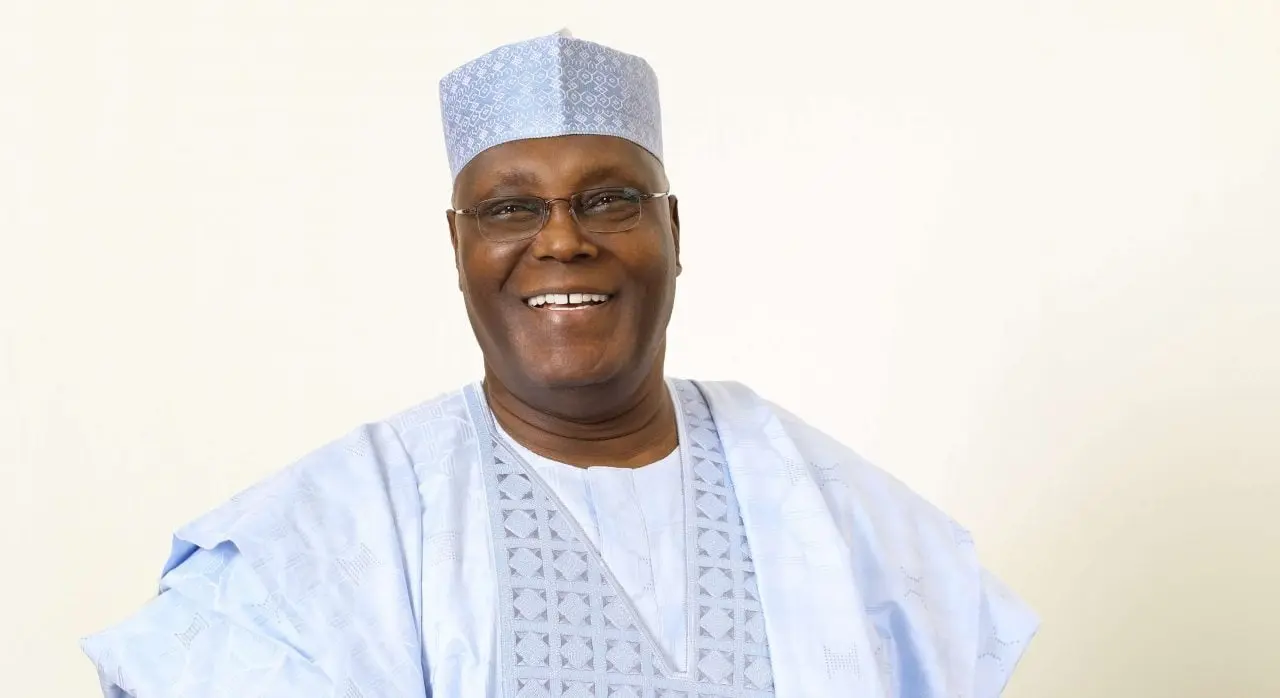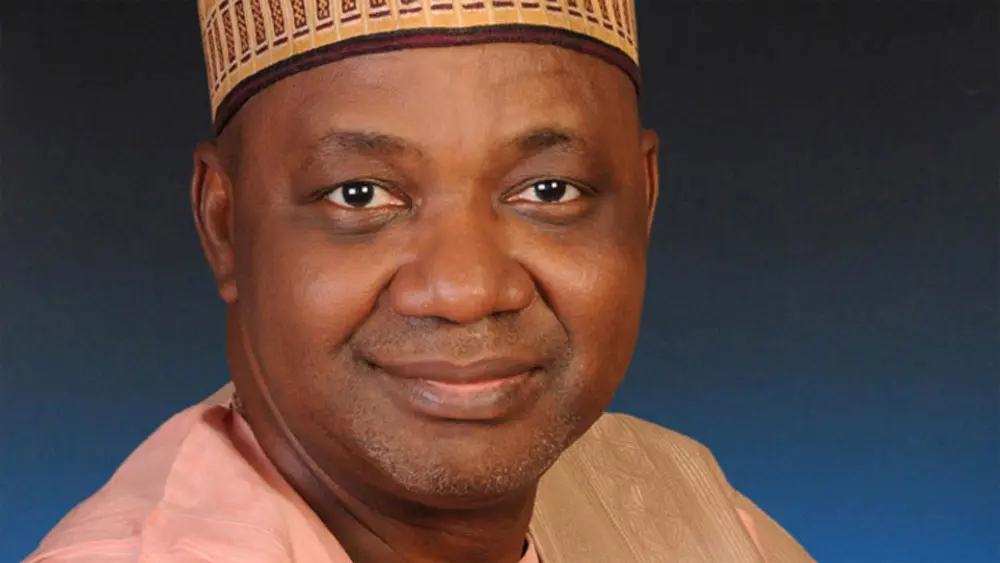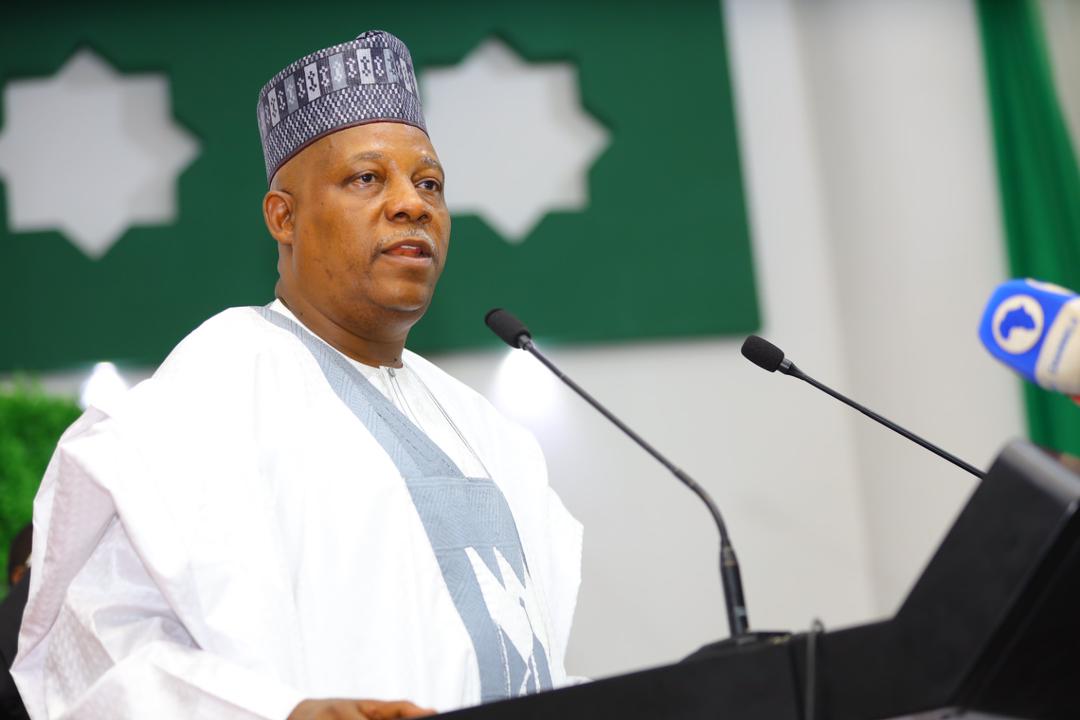Atiku Abubakar (Former Vice President – (1999 – 2007)
Former Vice President of Nigeria (1999 - 2007)

Atiku Abubakar is a prominent Nigerian politician, businessman, and philanthropist. He was born on November 25, 1946, in Jada, Adamawa State, Nigeria, he has had a diverse career spanning public service, business ventures, and multiple political positions.
He was the Vice President of Nigeria and served from May 29, 1999, to May 29, 2007, under President Olusegun Obasanjo.
| List | Vice President Information |
|---|---|
| Name | Atiku Abubakar |
| Date of Birth | November 25, 1946 |
| Age | 78 (as of 2024) |
| Ancestral Home | Jada, Adamawa State, Nigeria |
| Native Language | Fulfulde (Fula language) |
| School Attended | – Jada Primary School – Adamawa Provincial Secondary School – Nigeria Police College (briefly) – School of Hygiene, Kano – Ahmadu Bello University (Law Diploma) – Anglia Ruskin University, UK (Master’s in International Relations) |
| Career & Occupation | Politician, Businessman |
| Height | Approx. 1.78m (5 ft 10 in) |
| Known As | Atiku |
| Citizenship | Nigerian |
| Residence | Abuja, Nigeria |
| Religion | Islam |
| Wife’s Name | Titi Abubakar (First Wife) & Other Spouses |
| Children’s Name | Over 20 children, including Adamu Atiku-Abubakar |
| Assumed Vice Presidential Office | May 29, 1999 |
| Left Vice Presidential Office | May 29, 2007 |
| Political Party | People’s Democratic Party (PDP) |
Atiku Abubakar’s Early Life and Education
Atiku Abubakar was born to Garba Abubakar, a Fulani trader and farmer, and Aisha Kande. He was named after his paternal grandfather, Atiku Abdulqadir, who migrated from Wurno, Sokoto State, to Kojoli village in Jada, Adamawa State.
His father was initially opposed to Western education and attempted to keep Atiku out of the traditional school system. But he was later granted the opportunity. At the age of eight, Atiku enrolled in Jada Primary School. After completing his primary education in 1960, he attended Adamawa Provincial Secondary School, graduating in 1965 with a grade three in the West African Senior School Certificate Examination
Following secondary school, Atiku briefly attended the Nigeria Police College in Kaduna. He then worked as a Tax Officer in the Regional Ministry of Finance before enrolling at the School of Hygiene in Kano in 1966, where he earned a diploma and served as Interim Student Union President. In 1967, he received a scholarship to study for a Law Diploma at the Ahmadu Bello University Institute of Administration, graduating in 1969 during the Nigerian Civil War. In 2021, Atiku completed a master’s degree in International Relations at Anglia Ruskin University, Cambridge, United Kingdom.
Atiku’s Business Career
After graduating in 1969, Atiku was employed by the Nigeria Customs Service, where he worked for two decades, rising to the position of Deputy Director before retiring in April 1989. During his tenure, he was involved in various business ventures. In 1974, he secured a loan to build his first house in Yola, which he rented out. He continued investing in real estate, eventually amassing a significant property portfolio in Yola.
In 1981, Atiku ventured into agriculture, acquiring 2,500 hectares of land near Yola to cultivate maize and cotton. However, the business was unsuccessful, leading him to focus on trading, buying, and selling rice, flour, and sugar. He co-founded Intels Nigeria Limited, an oil servicing company with significant operations within Nigeria and abroad. His other business interests in Yola include Adama Beverages Limited, an animal feed factory, and the American University of Nigeria (AUN), the first private university in Sub-Saharan Africa modeled after the American education system.
Atiku’s Political Career
Atiku’s political journey began in the early 1980s when he worked behind the scenes on the governorship campaign of Bamanga Tukur, the then managing director of the Nigeria Ports Authority. He later became associated with General Shehu Musa Yar’Adua’s political meetings, which led to the formation of the People’s Front of Nigeria. In 1989, Atiku was elected the National Vice-Chairman of the People’s Front of Nigeria and won a seat to represent his constituency at the 1989 Constituent Assembly, which was tasked with drafting a new constitution for Nigeria.
Related: President Olusegun Obasanjo (Former President – (1999-2007)
Atiku’s first attempt at elective office was in 1991 when he won the Social Democratic Party (SDP) primaries for the governorship of Adamawa State. However, he was disqualified by the government from contesting the elections. In 1993, he contested the SDP presidential primaries, finishing third behind Moshood Abiola and Baba Gana Kingibe. Following the annulment of the June 12, 1993, presidential election, Atiku continued to be active in politics.
In 1998, Atiku joined the People’s Democratic Party (PDP) and secured the nomination for Governor of Adamawa State, winning the election in December 1998. Before he could be sworn in, he was selected as the running mate to the PDP presidential candidate, General Olusegun Obasanjo. The duo won the 1999 presidential election, ushering in the Fourth Nigerian Republic. Atiku served as Vice President from 1999 to 2007.
During his tenure as Vice President, Atiku chaired the National Council on Privatization, overseeing the sale of hundreds of loss-making and poorly managed public enterprises. His tenure was marked by significant policy initiatives and reforms aimed at liberalizing the Nigerian economy.
Since serving as Vice President, Atiku has made several attempts to become President of Nigeria. He ran in the 2007 presidential election under the Action Congress party, finishing third. He also contested the presidential primaries of the PDP in 2011 but lost to incumbent President Goodluck Jonathan. In 2015, he joined the All Progressives Congress (APC) but failed to secure the party’s nomination, losing to Muhammadu Buhari. Atiku returned to the PDP in 2017 and was its presidential candidate in the 2019 election, which he lost to President Buhari. In May 2022, he was chosen as the PDP’s presidential candidate for the 2023 general election but he again lost to the incumbent President Bola Ahmed Tinubu.

